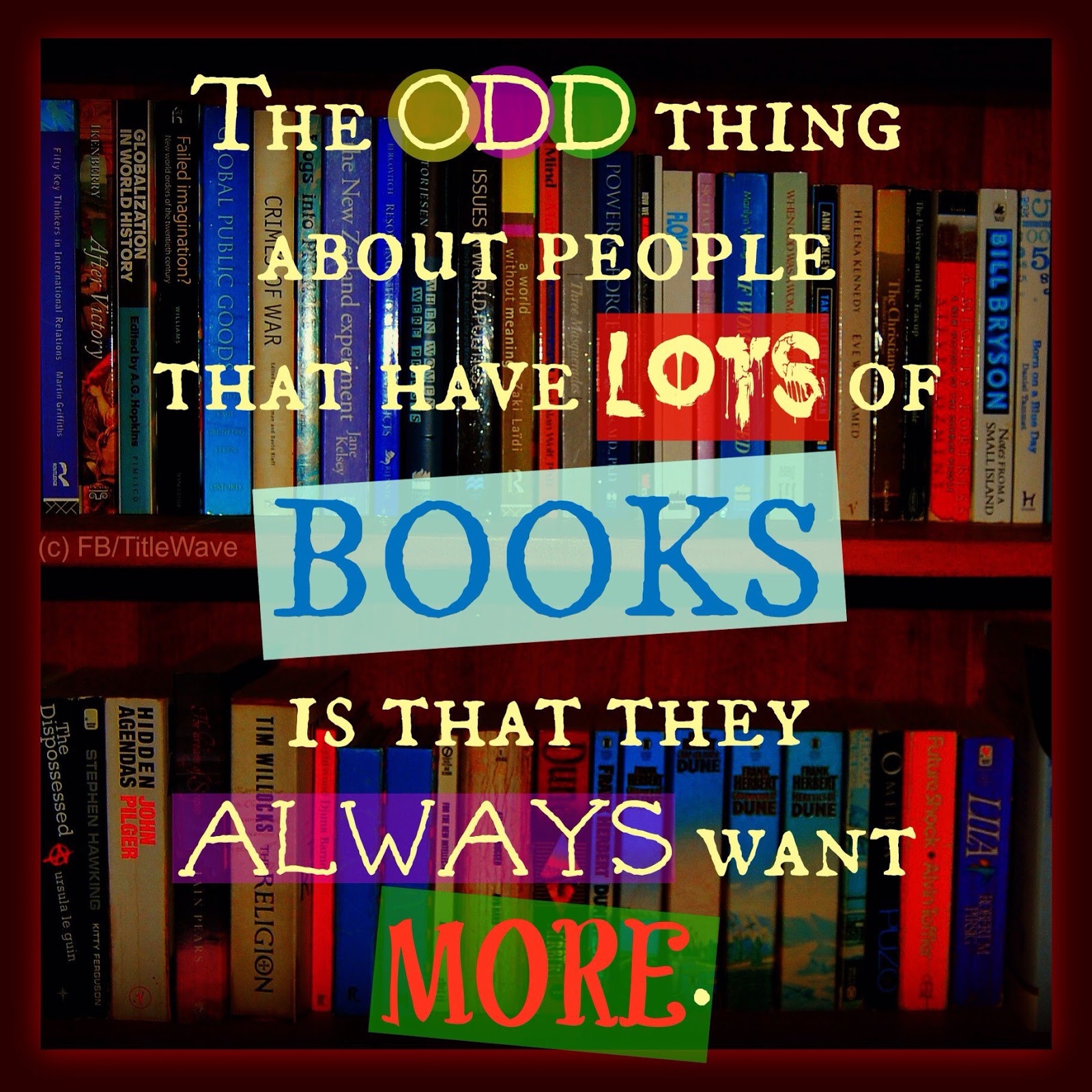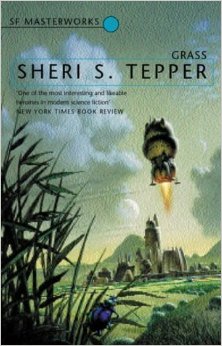I have always been an avid reader. The very first book I read on my own had been The 15 year old captain by Jules Verne, and I was 7 when I finished it. So I can pretty much says that I’ve been ready pretty much all my life. If I don’t have at least one book started at any given time, something is really wrong.

I have also been a writer for over a year. I won two NaNoWriMos and finished several short stories and a novella between those as well. And I have been slowly learning more and more about the craft.
So being both a reader and a writer, I have noticed a change in the way I read books.
Before I started writing myself, I would pick up a book and either stick with it to the end, or abandon it somewhere in the middle (or after the first 50 pages, if the book was absolutely dreadful). I would then move on to the next book and forget about it, if I didn’t like it. Or recommend it to my friends and move on to the next book if I loved it. I didn’t waste much time pondering why I like or hated something.
Those days of blissful ignorance are now gone forever. I can’t just close a book and move on. My mind keeps coming back to it and analyzing WHY I liked it or didn’t like it. It’s especially true with books that I don’t like for some reason. As soon as I feel that my attention is slipping; that the book is losing my interest, I feel obliged to discover why. Does the author abuse infodumps? Are the characters flat or not interesting enough? Does the author tell more than she or he shows? Is the plot lacking conflict?
I can’t stop analyzing what I read, especially since I started posting book reviews on my blog. I must admit that it makes for some rather frustrating reads, when my mind starts picking a book apart instead of enjoying it. And I can’t switch it off, even if I try! In fact, if I get so lost in a story that I forget to pick it apart, it’s a sign that it’s a very VERY good book indeed. And those are the books that usually get a glowing 5 stars review on my blog once I resurface and gather my thoughts enough to actually write one.
I have also noticed that I pay particular attention to the ending. To me, it’s the most important part of the whole book. A badly written ending can ruin the whole story, no matter how wonderful and interesting it was.
I’ve heard my other writer friends talk about this shift of perception before, but until recently, I had thought that they were exaggerating. Now I can confirm that they were right. I guess, the more you practice your craft, the more you think about it, the more you edit your own works, the more accustomed you get to critical reading. And after a certain point, you undergo the shift in perception I described above.
This shift in perspective means that I read slower than I used to, but I’m not too worried about that. Because I think that every book I read and analyze helps me improve my own craft as well. I learn what works and what doesn’t, what to do in a story and what to avoid at all cost.

I think that as writers we are very lucky in this respect. After all, who else can say that they are learning their profession AND having a good time in the process?


